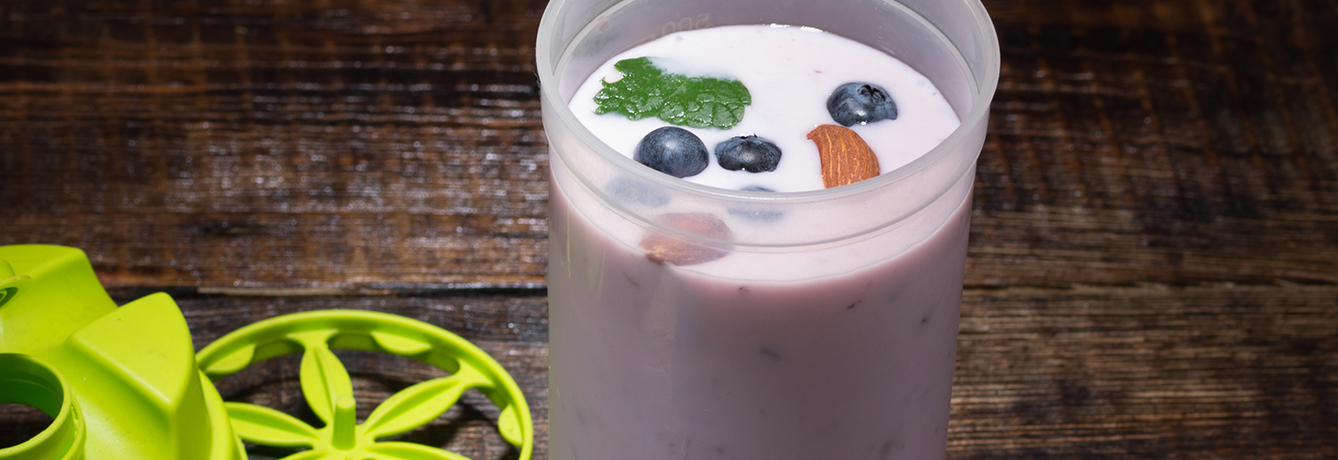Every day should be Thanksgiving, in the sense of acknowledging life’s many blessings. Unfortunately for some, every day has turned into Thanksgiving insofar as high-calorie, high-fat meals have become the norm instead of a rare, occasional indulgence. The result is widening waistlines and rising health care costs. To confront the obesity epidemic, science is hunting down compounds that may inhibit weight gain, and one of them — a flavonoid called rutin — is found in that beloved seasonal staple, the cranberry.
Researchers from the University of Southern Queensland in Australia fed rats the equivalent of a Thanksgiving feast for four months. Halfway through some of the rats had a small amount of rutin mixed into their chow. The results were remarkable. Though overall caloric intake was the same, the rutin rats gained 116% less weight than those on the straight high-fat fare. The amount of fat gained abdominally was 83% lower in the rutin rats — who also enjoyed 29% less increase in cholesterol and 15% less increase in blood pressure. More details are spelled out in the chart below:
| Measurement | High-calorie diet (no rutin) | Rutin effect |
| Body weight | 125% increase | Only a 9% increase |
| Abdominal circumference | 15% greater | 3% less |
| Abdominal fat weight | 99% greater | Only 16% greater |
| Blood cholesterol | 43% increase | Only 14% increase |
| Blood oxidative stress marker | 18% higher | Only 2% higher |
| Liver weight | 16% greater | Only 4% greater |
| Blood pressure | 17% higher | Only 2% higher |
While more research is needed to confirm whether rutin might afford similar protection among humans, mounting evidence already points to other benefits of eating more rutin-containing fruit and vegetables. Cranberries are believed to inhibit UTIs, but preliminary research suggests their active proanthocyanidins may also help suppress herpes outbreaks. A cup of cranberries supplies 25% daily vitamin C, plus 20% of both manganese and fiber.
Published November 1, 2011



